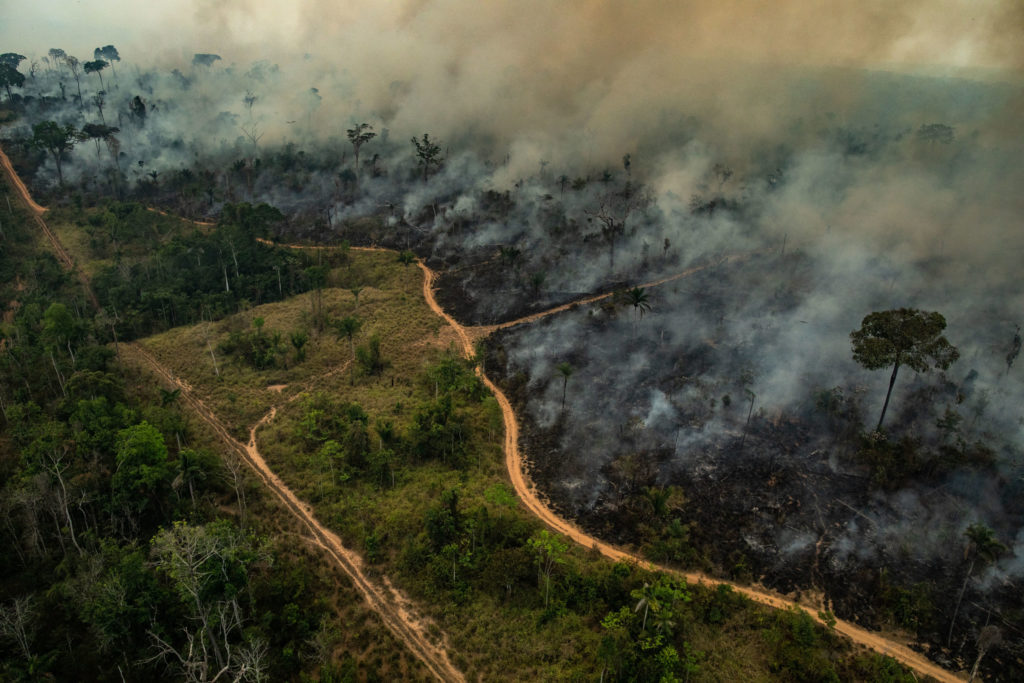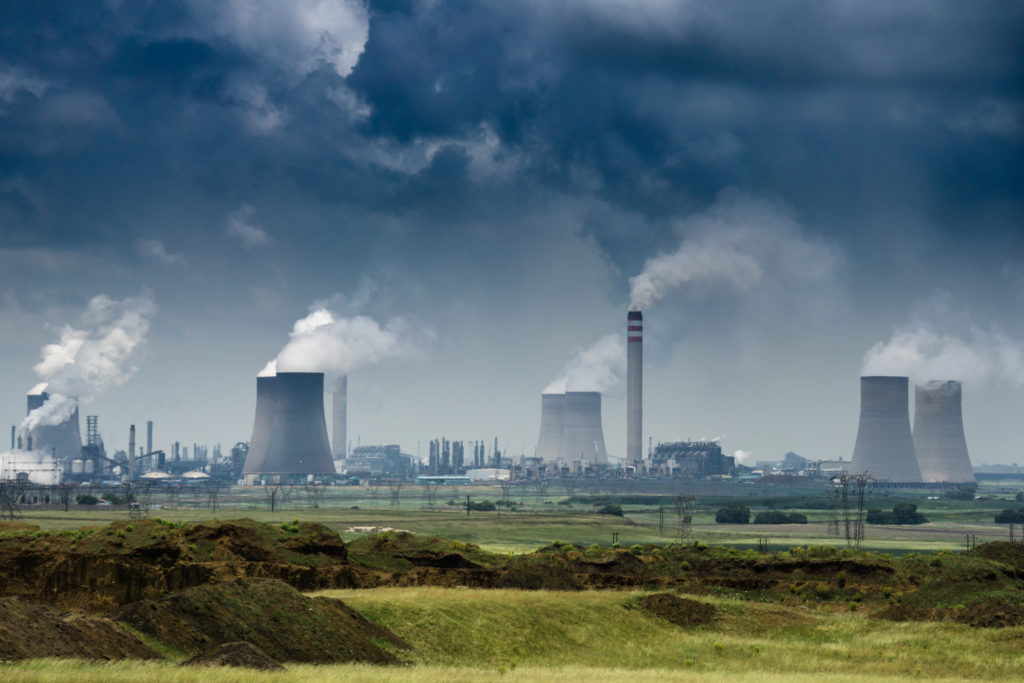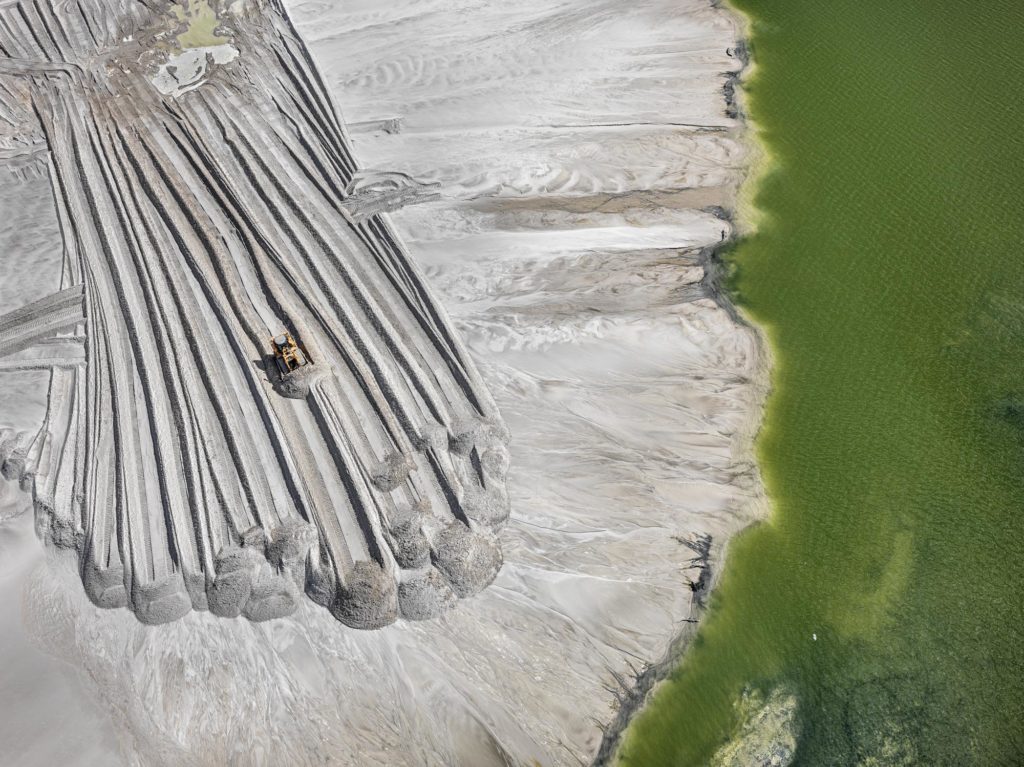
Wildfires: Compromising A Key Natural Climate Solution
Australia is experiencing the worst wildfires seen in decades, as drought and heatwaves fan the flames. In the summer and Autumn of 2019, a significant increase in wildfires brought the Amazon close to a tipping point with global ramifications. Some of these fires were caused by man as land is cleared to make way for agribusiness, logging, mining and other “development” projects. While climate change is exacerbating bushfire intensity and damages, experts and policymakers are calling for strong measures to save what is one of the planet’s main carbon sinks and a vital natural climate solution.











